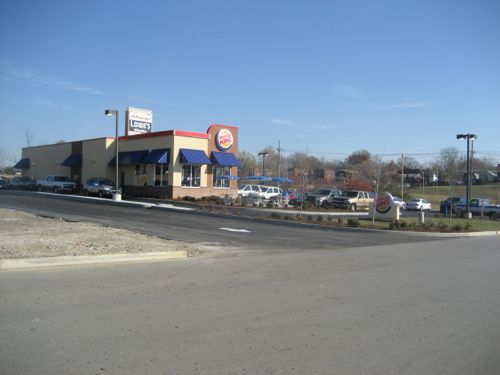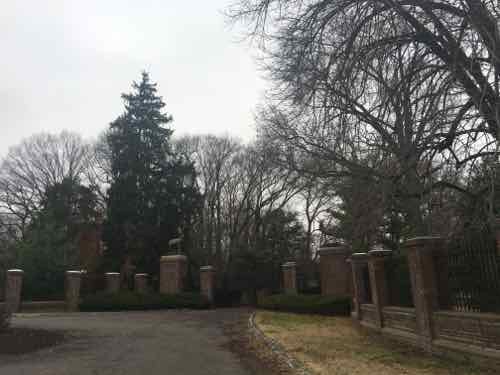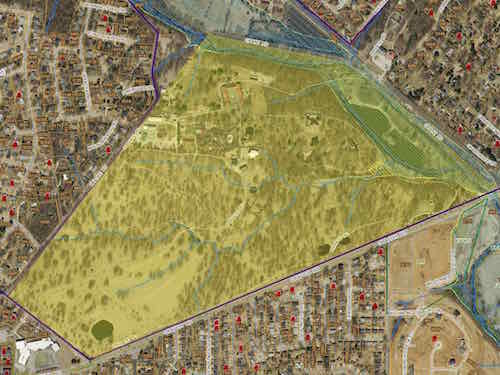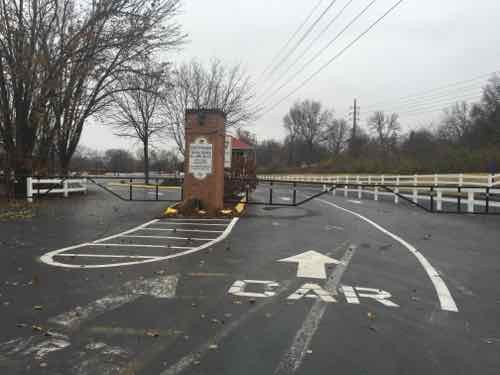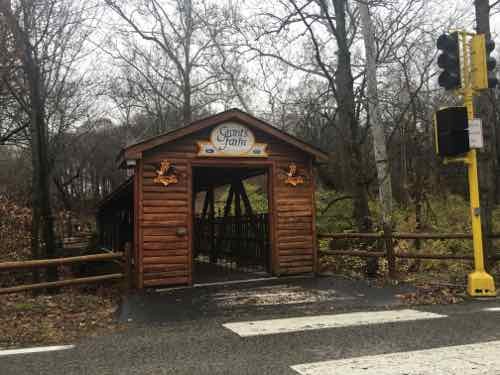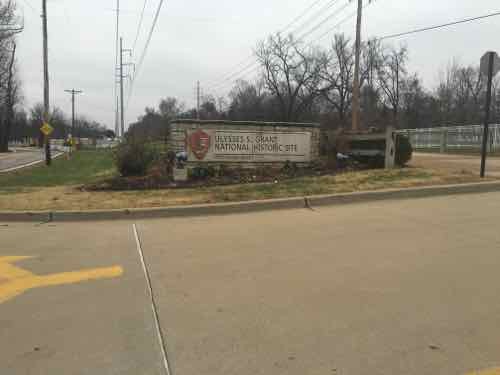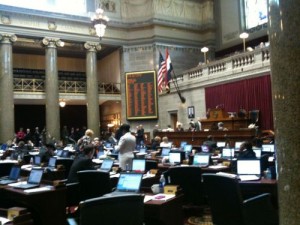Sunday Poll: Five Propositions On April 5th Ballot
The April 5th ballot in the City of St. Louis contains five items. Today’s poll is actually five polls — one for each on the ballot. They are in order, with the exact ballot language first, in ballot order. Please vote in all five.
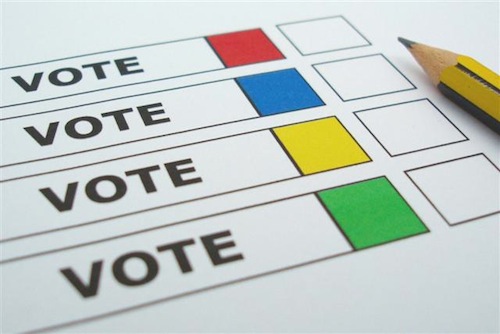
PROPOSITION E
Shall the earnings tax of 1%, imposed by the City of St. Louis, be continued for a period of five (5) years commencing January 1 immediately following the date of this election?
YES – FOR THE PROPOSITION NO – AGAINST THE PROPOSITION
Shall the following be adopted:
PROPOSITION F
Proposition to issue bonds of the City of St. Louis, Missouri, in an amount not to exceed Twenty-Five Million Dollars ($25,000,000) for the purpose of purchasing, replacing, improving, and maintaining the buildings, bridges, and equipment of the City of St. Louis, including (1) acquiring fire trucks, ambulances, personal protective equipment, and other fire-fighting apparatus for the St. Louis Fire Department; (2) acquiring refuse trucks for the Refuse Department; (3) updating computer hardware and software for City departments; (4) providing match share funds to repair, renovate, and replace bridges; (5) renovating recreation centers, buildings, and facilities owned by the City of St. Louis; and (6) for expenses associated with the issuance of the bonds. If this proposition is approved, the property tax levy is estimated to remain unchanged.YES – FOR THE PROPOSITION NO – AGAINST THE PROPOSITION
OFFICIAL BALLOT SCHOOL TAX ELECTION CITY OF ST. LOUIS STATE OF MISSOURI
PROPOSITION 1
Shall the Special Administrative Board of the Transitional School District of the City of St. Louis be authorized to increase the operating tax levy of the District by $0.75 per $100 of assessed valuation to continue offering early childhood education, to expand character and alternative education options, to improve safety and security equipment and personnel, and to offer competitive salaries to teachers and staff? If this proposition is approved, the adjusted operating tax levy of the District is estimated to be $4.50 per $100 of assessed valuation.
YES – FOR THE PROPOSITION NO – AGAINST THE PROPOSITION
BOND ELECTION
THE METROPOLITAN ST. LOUIS SEWER DISTRICTPROPOSITION Y
To comply with federal and state clean water requirements, shall The Metropolitan St. Louis Sewer District (MSD) issue its sewer revenue bonds in the amount of Nine Hundred Million Dollars ($900,000,000) for the purpose of designing, constructing, improving, renovating, repairing, replacing and equiping new and existing MSD sewer and drainage facilities and systems, including sewage treatment and disposal plants, sanitary sewers, and acquisition of easements and real property related thereto, the cost of operation and maintenance of said facilities and systems and the principal of and interest on said revenue bonds to be payable solely from the revenues derived by MSD from the operation of its wastewater sewer system, including all future extensions and improvements thereto?
YES – FOR THE PROPOSITION NO – AGAINST THE PROPOSITION
THE METROPOLITAN ST. LOUIS SEWER DISTRICT
PROPOSITION S
Shall the Metropolitan St. Louis Sewer District (MSD) impose a Stormwater Operations and Maintenance property tax upon all real and tangible personal property within the district at a rate of not more than Ten Cents ($0.10) per One Hundred Dollars ($100.00) assessed valuation for the purpose of providing revenue for the operations of the district’s stormwater utility, including stormwater system operation and maintenance, rehabilitation and limited construction of infrastructure and other capital improvements, and an operating reserve?
If this proposition is approved, MSD will repeal (a) the existing stormwater operations and maintenance property tax of approximately Seven Cents ($0.07) per One Hundred Dollars ($100.00) assessed valuation that is imposed on property within the original boundaries of MSD, as defined in the MSD Charter, and within the annexed areas described in MSD Ordinance No. 3753, and (b) the existing monthly 24-Cent or 18-Cent stormwater service charge that is imposed on each MSD customer account. As a result, a uniform districtwide stormwater revenue system for operations, maintenance, and limited capital improvements will be in place.
YES – FOR THE PROPOSITION NO – AGAINST THE PROPOSITION
INSTRUCTIONS TO VOTERS: To vote on a proposition, if you are in favor of the proposition, darken the oval to the left of the word “YES.” If you are against the proposition, darken the oval to the left of the word “NO.” Do not try to punch through the ballot. Use only a pencil or blue or black ink to mark your ballot. If you tear, deface, or make a mistake and incorrectly mark your ballot, notify an election official to obtain a new ballot.
—
These non-scientific polls will remain open until 8pm.
— Steve Patterson

